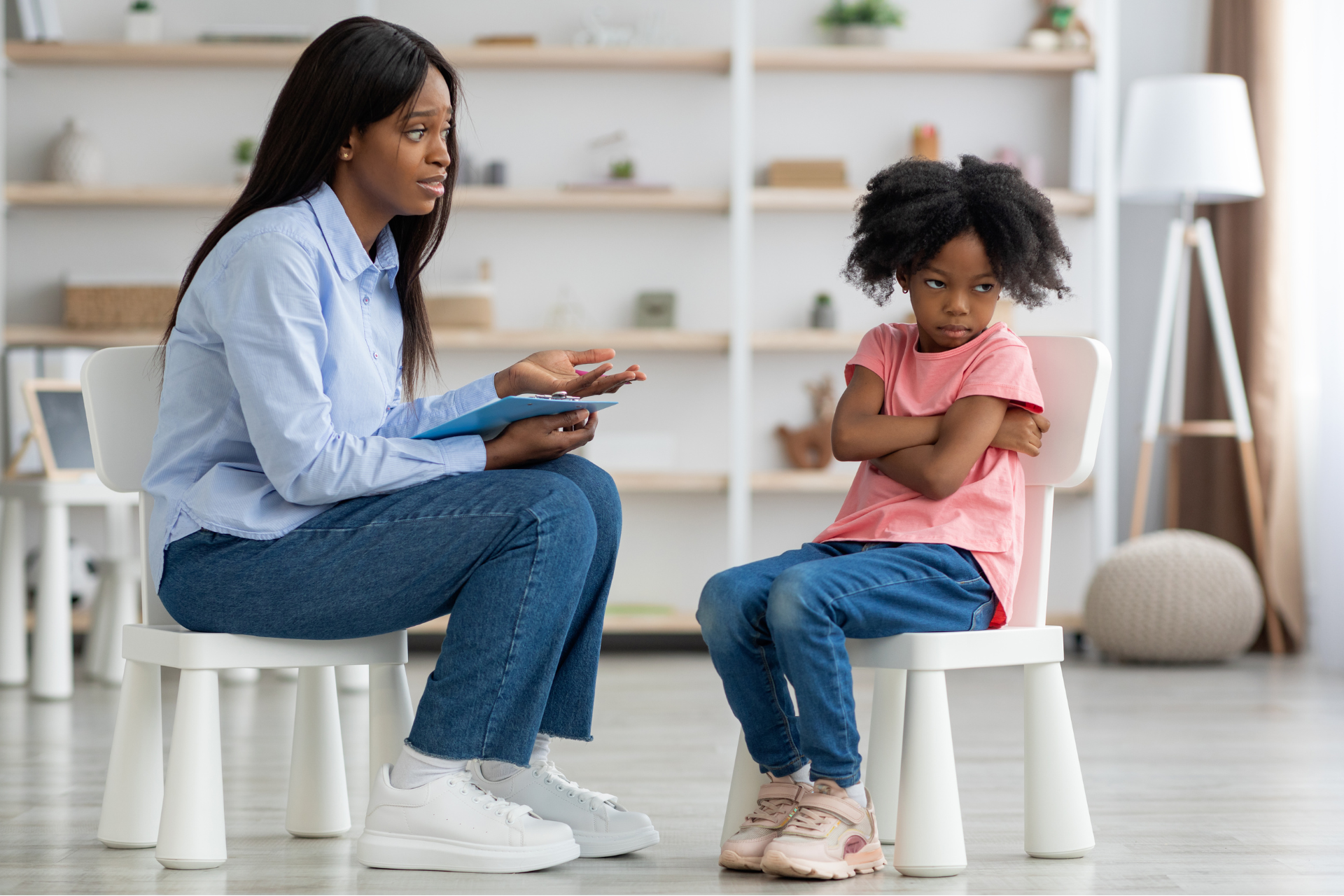No shame, blame, or judgment; my coaching process
No shame, blame, or judgment; my coaching process

“I want to stop yelling.”
“I want to stop dreading family time, and actually enjoy it.”
“I never know when to say no and when to let things go.”
“My spouse and I aren't on the same page.”
“I have absolutely no time for myself, because I’m always ‘on’ as a parent.”
*************
How do I solve problems like these with my coaching process?
First, before we start any coaching, I create a safe space where the parent doesn't experience any shame, blame, or judgment for their parenting.
Shame, blame and judgment only inhibit learning and growth, so they have no place in coaching. Everyone is doing the best they can. It is extremely brave to share vulnerably, and a parent willing to do this should be applauded, not judged.
**************
After we create a safe place for honest sharing, we work through the following 4 steps:
1.) FIRST: You identify your goals according to your values. This is 100% about you and what you desire for your family. This is about creating the family that you most desire, based on whatever is most important to you.
There is no ‘correct answer,’ and it doesn’t matter what I might choose for your family. This is 100% about what works for you and your child. I’m not going to tell you what to do, but I am going to support you in making the decisions that feel best for you.
2.) SECOND: You look at your childhood, and whether this is affecting your parenting today. Many of us inherited parenting patterns from our parents that may or may not be serving us. In fact, many of the times we are most triggered by our child is a direct result of how we were parented. By examining this legacy, we can get rid of any baggage that is creating disconnection and making our parenting harder than it has to be.
3.) THIRD: You learn peaceful tools you can use in any parenting situation.
These are tools of empathy and communication that work at any age, including in your adult relationships, to increase understanding, peace and cooperation. You will learn how to handle situations where your child (or yourself) are having a tantrum, or strong feelings, and use those situations to increase your connection.
4.) FOUR: You learn how to be the emotional center of your family. This includes learning about anger (yours and your child’s); how to forgive yourself or your child; how to set boundaries peacefully; and how to bringing play into your parenting to increase cooperation and fun.
At all points in the coaching, you will feel more confident, more peaceful, and more empowered, no matter what situations you face.
This is the coaching process, and it all starts with creating a safe space without shame, blame or judgment, and then flows from there.












